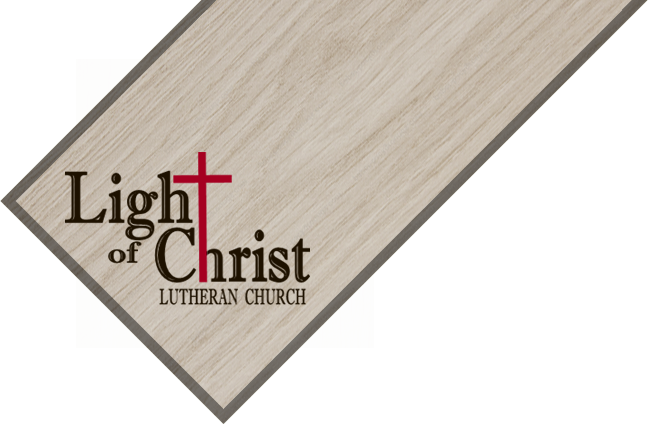On Memorial Day we remembered all the fallen soldiers who have served our country in past wars. But let us also remember those veterans who have sacrificed their lives by suicide and those who live with the reminders of their service on a daily basis, whether due to a physical, mental or moral injury.
June is National PTSD Awareness month It is most often thought of as a mental disorder that affects veterans but anyone can develop post-traumatic stress disorder as a result of a physical, psychological or sexual abuse; terrorism and war; domestic violence; witnessing violence against others; accidents and other natural disasters; significant loss and grief. About 3.5% of the adult population suffers from PTSD.
The two most common trauma disorders are acute stress disorder and post-traumatic stress disorder. The difference is acute stress disorder usually lasts about a month following a traumatic experience , whereas PTSD lasts much longer and may not even surface for several years following the trauma. Other psychological disorders may co-occur in conjunction with PTSD including depression, anxiety and alcohol/substance abuse problems.
Everyone experiences trauma differently but those who develop PTSD usually experience flashbacks of the trauma which cause acute episodes of anxiety and panic as well as a profound sense of grief and/or guilt and shame. They may have recurrent negative thoughts, nightmares and insomnia and may startle very easily and quickly go into “combat” fighting mode. They avoid any situations that may trigger an attack.
PTSD must be treated, it’s not something that will just go away with time. It is important to talk to a mental health professional to tailor a treatment that is custom-made. Everyone responds differently. The goal is to help the person work through the trauma and learn ways to develop healthy ways to deal with the anxiety, anger and stress. Antidepressants may be helpful in controlling sadness, worry, anger and feeling numb inside. There are also other meds to help with insomnia and nightmares.
See the resources listed on our LOC website under “Support”, “mental health”.
The Crisis Line is 1-800-273-8255.
A big thank-you to all who participated in our first annual Mental Health Awareness walk on May 23rd. Mental illness has impacted so many of us, especially since the additional trauma of the past year from Covid, daily gun violence, political unrest and unkindness. As a Christian church we have a responsibility to minister to and care for all those who suffer in any way.
An exerpt from Interfaith Network on Mental Illness:
I now know myself to be a person of weakness and strength,
liability and giftedness, darkness and light.
I now know that to be whole means to
Reject none of it but to embrace all of it. (Parker Palmer)


